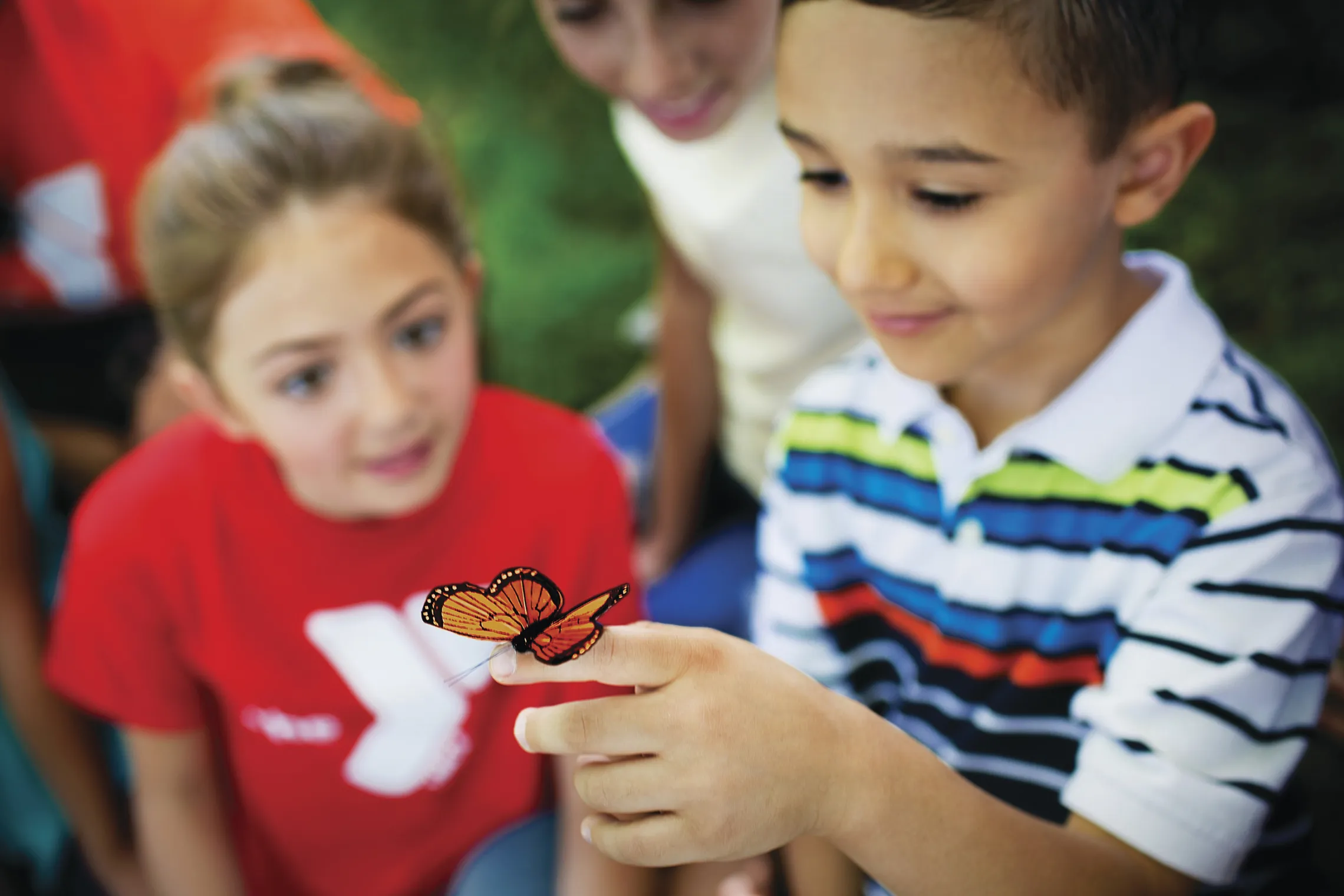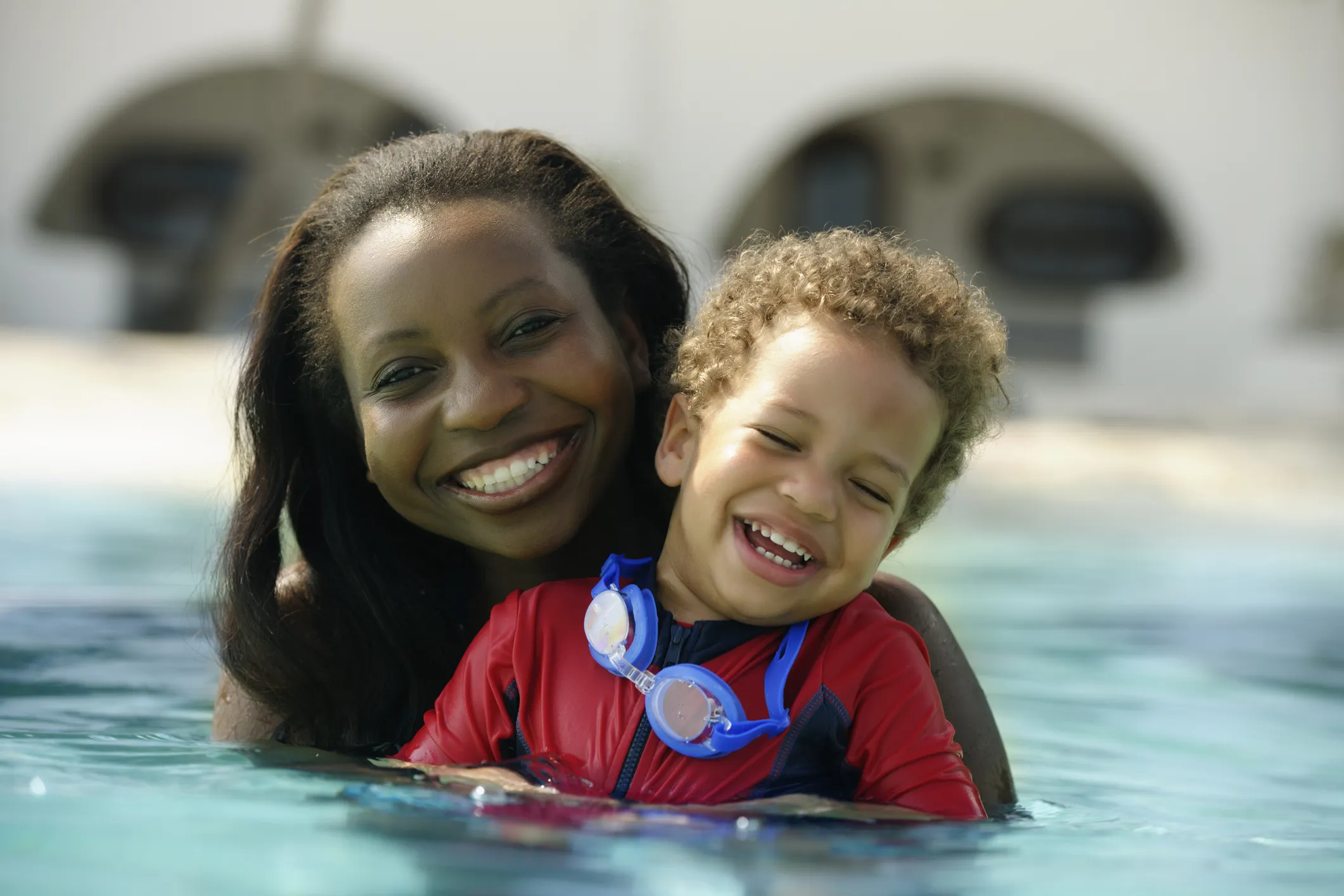OUR COMMITMENT TO CHILD PROTECTION
As a youth-serving organization that reaches thousands of children and teens every year, the Y’s most important work is creating safe environments for young people. That any child or teen would experience harm in our care is unacceptable. Ensuring the safety and well-being of young people is foundational to everything we do at the Y to help them learn, grow and thrive.
REPORT AN INCIDENT
If you need to report a situation involving child abuse
- For reports of immediate danger, please call 911.
- To report known or suspected abuse or neglect of a child or vulnerable adult please call the South Carolina DSS 24hr hotline: 1.888.227.3487.
If you have any questions or concerns about Y staff or volunteers, or another program participant, you can:
- Report concerns to a YMCA Director.
- Call the YMCA Safety Line: 864.635.2913. This is a voicemail. Please leave a message and our team will contact you.
- Complete our online reporting form. Your submission is confidential.
SUBMIT A REPORT HERE >
CHILD ABUSE PREVENTION AT THE Y
The Y does not tolerate the mistreatment or abuse of children in its program by an adult or the mistreatment or abuse of one child by another child, including any behavior that is classified under the definition of bullying. Staff, volunteers, and the children in our programs are expected to act in a caring, honest, respectful and responsible manner.
SEE OUR CHILD ABUSE PREVENTION POLICIES HERE
- Screening & Hiring – All new hires go through an interview process, three reference checks, a criminal background check and sex offender check.
- Training – All staff members complete child abuse prevention training and receive education on creating a child-safe environment. Staff members renew training every year.
- Volunteers – Volunteers who will have ongoing interactions with children or young adults also complete thorough background checks and receive abuse prevention training annually.
- Policies & Procedures – We maintain rigorous policies and procedures which are enforced at all locations to ensure that children are supervised at all times and no single staff person is ever alone with a child.
- Prevention – The YMCA of Greenville partners with Praesidium, a team of experts in child abuse prevention, to assess all aspects of our programs and implement best practices. Additionally, the YMCA of Greenville operates under the YUSA Child Protection and Aquatics Safety Membership Qualification Standards.
- Reporting – If any staff member or volunteer suspects or becomes aware of any inappropriate behavior toward a minor, they are to report the incident immediately.
PARENTS AS PARTNERS
We consider parents/guardians our partners in protecting children. As an ongoing practice, we invite parents to review our written standards and engage with us in the care and development of their children by talking to your children often and consistently about how to stay safe. But how you do have effective conversations, from which children absorb valuable information that they may need later? Make sure the information you deliver is easily understood for your child’s stage of development. Learn more at ZeroAbuseProject.org.
Teach your toddler:
- Their name and guardian’s name
- Stay within sight
- Proper names for body parts and how private parts are different than the rest of their body
- When it comes to his/her body, no means no.
- Uh-oh feeling – always tell a caregiver when you are feeling scared or confused about something
Challenges at this age: As this is an age where “no” seemingly can be the only word the child knows, it is important to remember there is a difference between saying no to feel safe and protect boundaries and saying no to defy authority. It’s important at this age to be consistent and repetitive.
Having the conversation: This is an age when using real-life teachable moments are so important, because toddlers do not understand hypothetical situations. Children at this stage have no concept of right and wrong, only what is normal in their lives. Therefore, it is inherent that caregivers state clearly what is right and wrong to help children develop appropriate morals and boundaries. It is also important at this stage, to teach children how to ask for help if they need it. Children should be told that they should find their caregiver if they need help. On those occasions when they may get separated from a caregiver, teach your child to not leave that spot and look for a mom with children as a first possible helper.
Conversation Starter: “Ouch! Hitting isn’t ok because it hurts.”
Teach your child:
- Family password – in case someone is sent to pick up child
- Create a list of five trusted adults to call about any problem
- Buddy system – safer and more fun to stay with a friend
- Online safety
- It’s not okay to keep secrets from a parent
- Correct, age-appropriate information about sex
Challenges at this age: Children will begin learning about sex from their peers, so it is important to give them proper understanding early on. Books may be used to help begin conversations, but it should not replace discussions. Approach the topic with concrete explanations and use proper terms. As uncomfortable as it may be, providing correct information will help them understand that they should go to their parents with their questions about sex instead of the kids on the school bus. Tell your children that they can tell you anything or ask about anything and you will still love them. Have the conversation: When your child is around five or six it is important to inform him/her in a non-threatening manner that some people do hurt children. This is not intended to make your child afraid of everyone, but instead make them aware so they listen to their feelings and make safe choices. Do make sure they know that the good guys outnumber the bad guys – most adults want them to grow up healthy, safe and strong. Involve your child in creating “what if” scenarios to help get an idea of the situations that make them uncomfortable or nervous. Above all, reinforce that they can always leave a situation that causes their uh-oh feeling to go off and find a parent/caregiver to help. This is a great age to begin having twice-a-year family safety nights to go over rules for your home.
Conversation starter: “What do you do on the playground? Can you think of something that might happen there that would make your uh-oh feeling go off? How about if older kids showed up and started playing a game that doesn’t feel right?”
Teach your child:
- Don’t put personal or emotional information online
- Difference between a mentor vs. relationship
- Cell phone (texting) guidelines – think before you send Responsibilities and rules for being home alone
- Respect is a basic right in all relationships
Challenges at this age: With the physical and emotional changes your child faces at this age, many conflicts may arise. This is the age where perpetrators attempt to use the attention and affection lure both online and in person. This lure involves the adult grooming the pre-teen to believe that the adult is the only one who understands how special they are and what they are going through. Teach your pre-teen about this lure and explain that adults who really do care about them would not accept or expect sex. Talk to your child about the difference between mentors and adults trying to create a sexual relationship. If a mentor ever begins to act in a way that a significant other would, talk to a different trusted adult right away. This is a very important age to update and maintain the list of five trusted adults so that your pre-teen is hearing positive messages from adults that you both trust. Be aware of who’s on the list, and be understanding and supportive if the list does not include you.
Have the conversation: Sex becomes a hot topic at this age. It is important to discuss the emotional implications of sexual activity, as most of the media messages may portray sex only in a popular, positive way. As children age through this stage they should learn about precautions such as abstinence and protection (for older teens). This is a good time to discuss more in depth your family’s personal or faith-based beliefs regarding sexual activity. Parents should discuss self-esteem linked with sexual activity, especially in terms of having control over one’s body and not letting peer pressure influence bad decisions.
Conversation starter: “What if you had a friend who told you that an adult chaperone from a school trip was pressuring her to spend time at his house alone? How could you help her?”
Teach your child:
- Review cell phone and internet expectations
- The importance of respecting others boundaries
- Listen to your gut instinct – leave situations or people that feel wrong
- The power of the bystander to get involved and help others
- “No” is a complete sentence
Challenges at this age: Teenagers push limits as they work to get enough information to live and work independently from their parents. Parents are working to help stay connected to their teen, set boundaries and help their teen make safe and healthy decisions. These two very separate job descriptions can create conflict as the teen and parents attempt to navigate the changes that come with teens’ added freedom and responsibilities.
Have the conversation: A teen should be reminded that sexual activity should not be done out of fear, guilt or in hopes of increasing popularity. Discuss with your teen their choices, their friend’s choices and the outcomes of these choices. Having a discussion about sex an consequences does not mean that parents are encouraging their child to have sex, instead they are preparing that teen to be healthy and safe whatever his/her choices may be. This is an age where peer pressure can override the teen’s gut instinct. Remind them the importance of listening to their gut.
Conversation starter: “What if you showed up at a party and your gut instinct told you things were getting out of control?”


